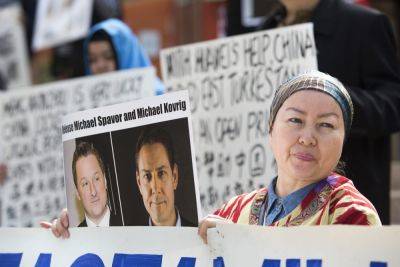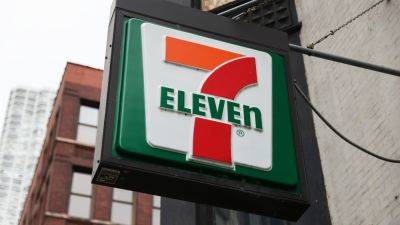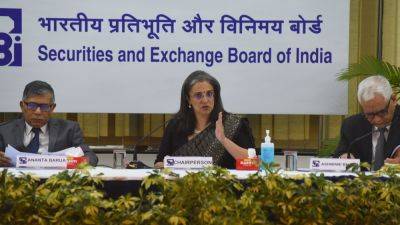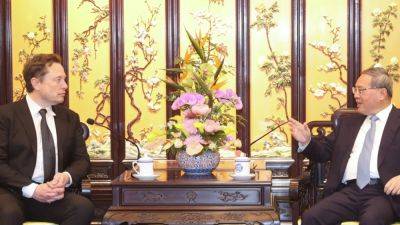CNBC's Inside India newsletter: Can India's hot deal-making season extend to a free trade agreement?
This report is from this week's CNBC's "Inside India" newsletter which brings you timely, insightful news and market commentary on the emerging powerhouse and the big businesses behind its meteoric rise. Like what you see? You can subscribe here.
SoftBank-backed Ola Electric is set to raise nearly three quarters of a billion dollars with a stock market listing. Adani Energy Solution is going ahead with a $1 billion share sale. Medication maker Mankind Pharma is locked in a $1.6 billion deal to buy the Covid-19 vaccine developer Bharat Serums & Vaccines.
These transactions, announced over the past seven days or so, capture only a fraction of the true scale of dealmaking among Indian corporates. But the mood appears to be shared among Indian politicians, too.
India and four European nations — Iceland, Liechtenstein, Norway and Switzerland — struck a free trade agreement (FTA) earlier this year. And now a deal with the U.K. appears to be on the horizon.
David Lammy, the U.K.'s new foreign minister, visited New Delhi only weeks into his tenure. "Our Free Trade Agreement negotiations is the floor not the ceiling of our ambitions to unlock our shared potential and deliver growth, from Bengaluru to Birmingham," Lammy said last week before his visit.
Both countries are sufficiently motivated and see each other benefiting from a deal. For the U.K., a free trade agreement with India would be the "most significant" deal since the Brexit vote, according to Chietigj Bajpaee, senior research fellow for South Asia at the thinktank Chatham House.
The deal would also be a big win for India, as it would see a rush of investment into the country that could translate into thousands of jobs — a key priority for Indian Prime Minister Narendra







